We have all seen the stories on the big screen: a smart, “nerdy” woman suddenly turns into a clumsy mess the second a man walks into the room. Typically being rescued or reduced to eye candy, Hollywood has long had a grasp on this idea that women are nothing without a man. But women are not a footnote in someone else’s narrative. Hollywood needs more complex feminine characters who prove that women don’t have to be seen through the lens of a man to be incredible, they already are.
Today’s audiences are growing increasingly frustrated with the portrayal of women in these stories. Young women see themselves in characters who are empowering, real people outside of their relationships, who challenge societal norms and expectations. It’s no wonder that younger viewers are turning to books and fan-made content that focus on empowerment and complex characters that are missing from mainstream media.
For decades, women have been told that their value lies in the hands of a man. Whether it’s being saved like in “Titanic,” transformed in “She’s All That” or constantly pursued like Summer in “500 Days of Summer,” the female character is rarely writing her own story. These characters often lack complexities or personal goals, instead acting on a man’s behalf and waiting to be chosen. Doing this, cinema has simplified women to stereotypes instead of real people.
Objectification goes beyond narrative purpose and fully changes the way feminine characters are presented. Through the “male gaze,” women are framed by the camera to emphasize sexuality instead of humanity. Black Widow, for example, is tightly dressed in a spandex outfit while her fellow masculine counterparts are dressed in thick, tough armor. Romantic comedies, like “Clueless,” focus on the woman’s makeover scene, making her beautiful when she was before seen as worthless. These cliches send a deeply apparent message: female worth is determined by her beauty and ability to make a man happy.
Considerably more troubling is the suggestion that women must change themselves to fit a man’s ideal. From classics like “Grease” to more modern examples like “The Notebook,” young women are taught that being desirable means changing to be quiet and conventionally attractive. Male characters rarely go through similar transformations to make themselves attractive or desirable for their female love interests. These plot lines reinforce the misogynistic belief that women are beauty projects needing work rather than actual people with personalities and dreams.
Fortunately for the next generation of young women, there has been an increase in the number of powerful and strong women in mainstream cinema. Jo March from “Little Women” is an always relevant example of a woman defying the stereotypes and expectations of women during her time. Rejecting the idea of women being nothing without a man, Jo delivers an iconic monologue about women, stating “they have minds, and they have souls as well as just hearts. And they’ve got talent, and they’ve got ambition as well as just beauty.” Jo is what should be the basic portrayal of women in the media. Independently finding a career and happiness before marrying a man, with that career being her main story. She has flaws, emotions, artistry and her independence and depth is what makes her interesting; her life story, not her love story.
Katniss Everdeen is the epitome of strength and sacrifice in the name of social justice. Katniss wants to survive her Hunger Games not for romance or glory, but because her life is at risk. She is reluctant to be the symbol of the rebellion and uncomfortable with the idea of being idolized, yet still showing up and becoming a strong figure in the face of injustice shows that women can be heroes and human all at the same time. While her story has an element of romance, it is not what saved her or what makes her special. Her romantic plot line adds to her already intriguing character, it does not define it.
Representation in media shapes society. As young girls grow up watching movies telling them over and over again that they only matter with a man involved, they begin to believe it. According to a report from “Girlguiding,” an increasing number of girls are becoming insecure, something that multimedia is affecting by focusing on a woman’s image rather than their person as a whole. Not only that, but young girls are being taught to emphasize their looks, limiting ambitions and dreams.
Seeing oneself in a brave, ambitious and intelligent character encourages those similar to the character to be the same way. On the other hand, never seeing women in innovation or leadership sends a clear and limiting message that they are not fit for those roles. The film industry often only offering one storyline makes everyone lose out on more exciting and complex narratives.
Media affects culture. It changes and shapes how a society views leadership, beauty and success, among other things. When females are given emotional depth and diversity, it shifts public consciousness and perceptions to believe women fit into the roles they are portrayed as having. Stories like these evoke empathy and ignite change in cultural normalities. Representation is not a political matter but a matter of the truth; women are not one-sided romantic objects for men, they are complex with stories worth telling authentically.

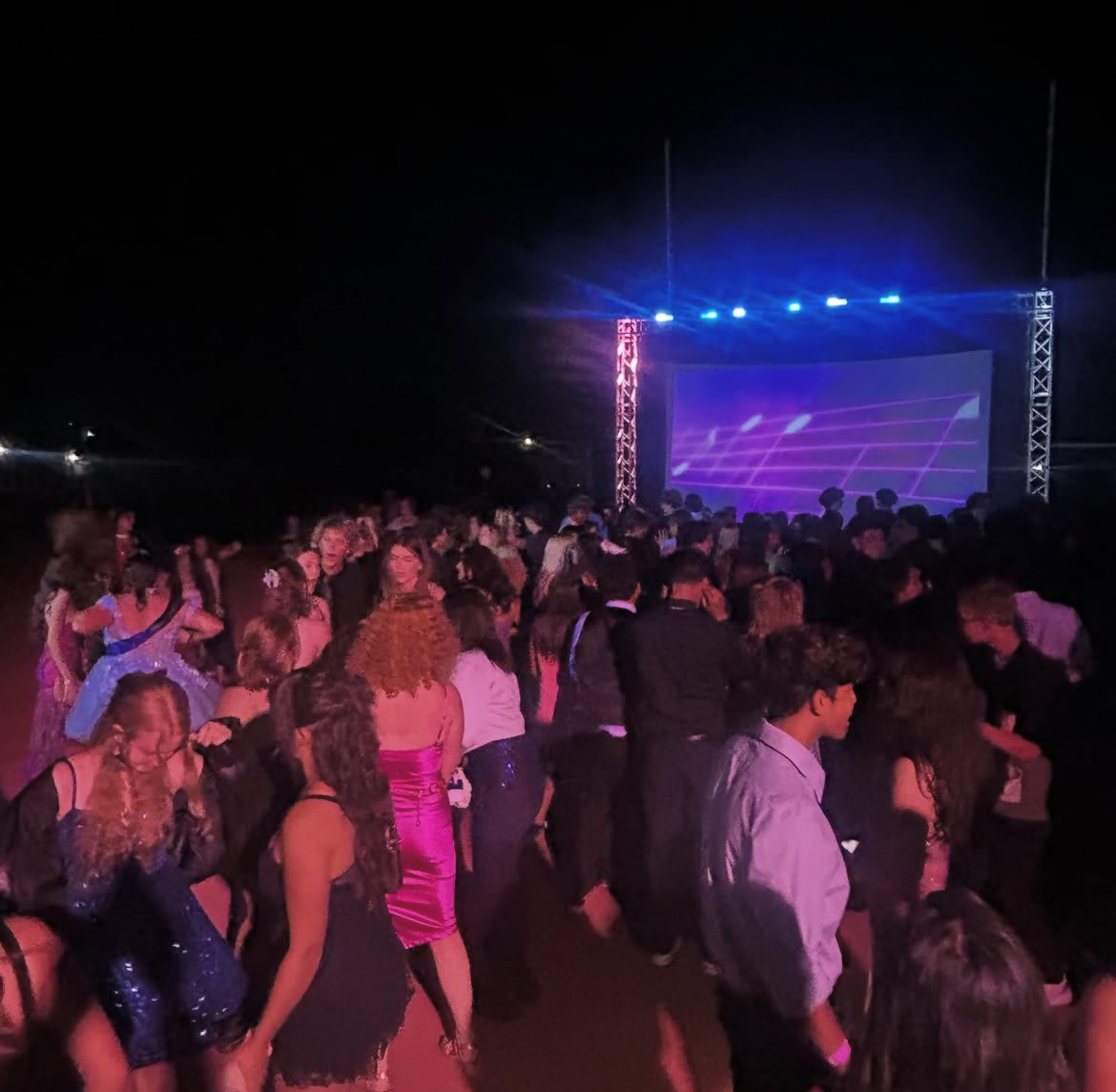

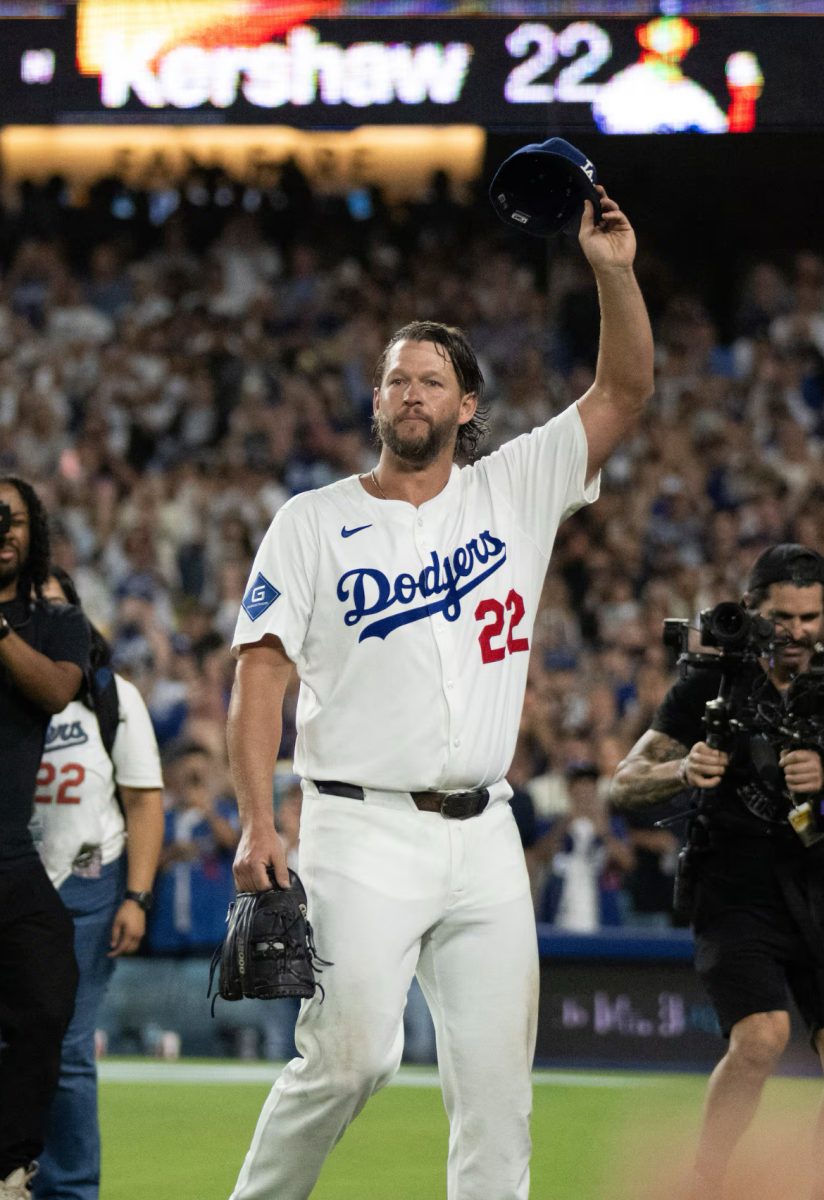
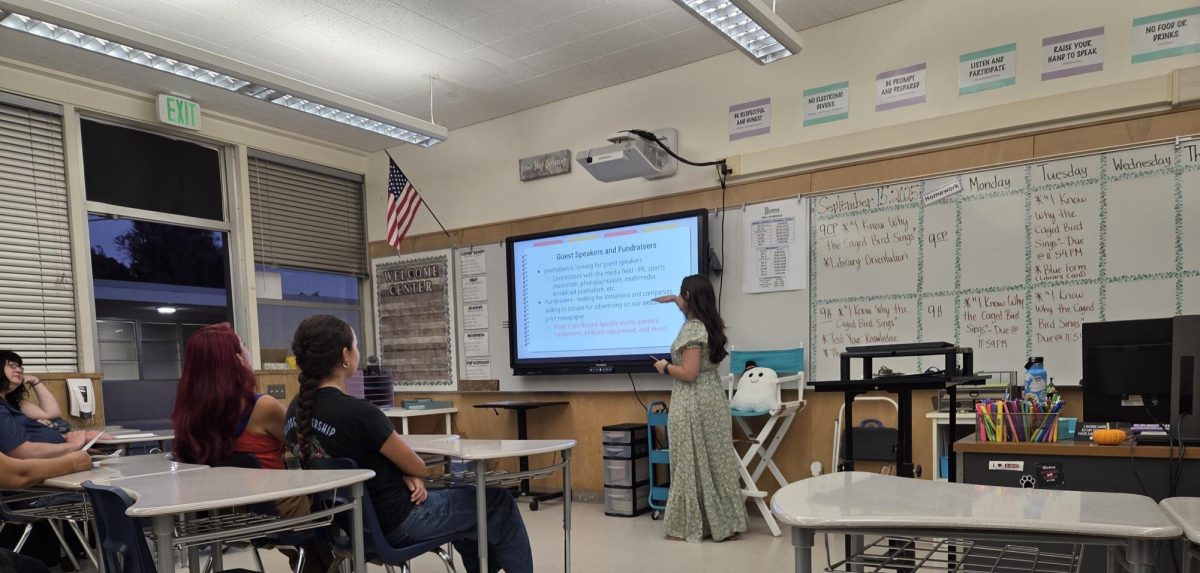
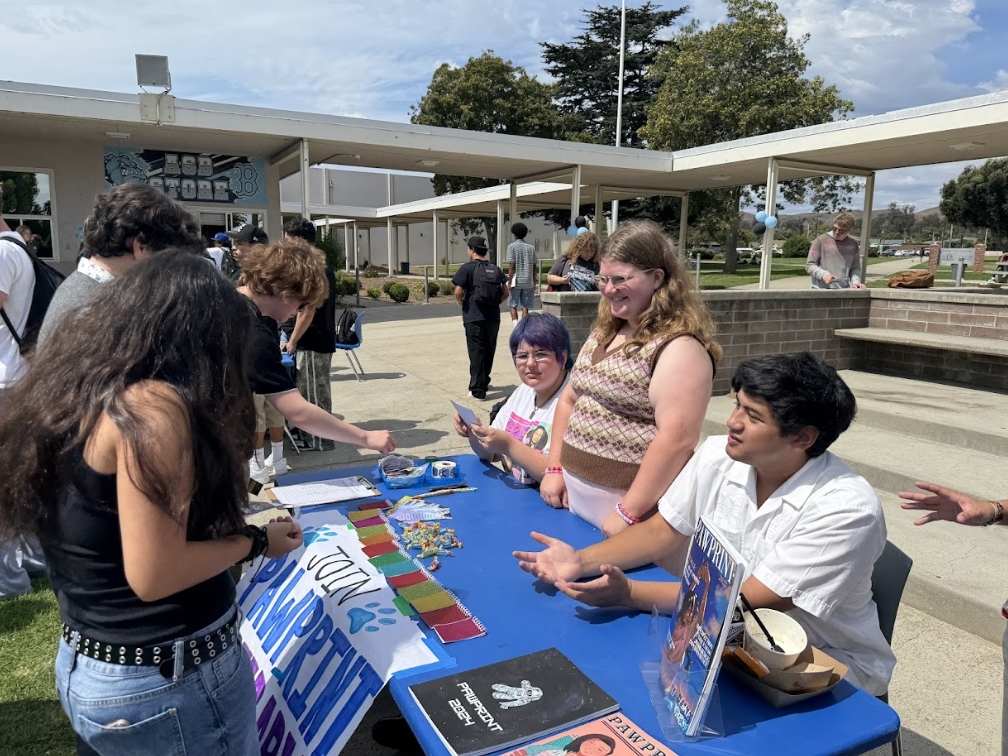

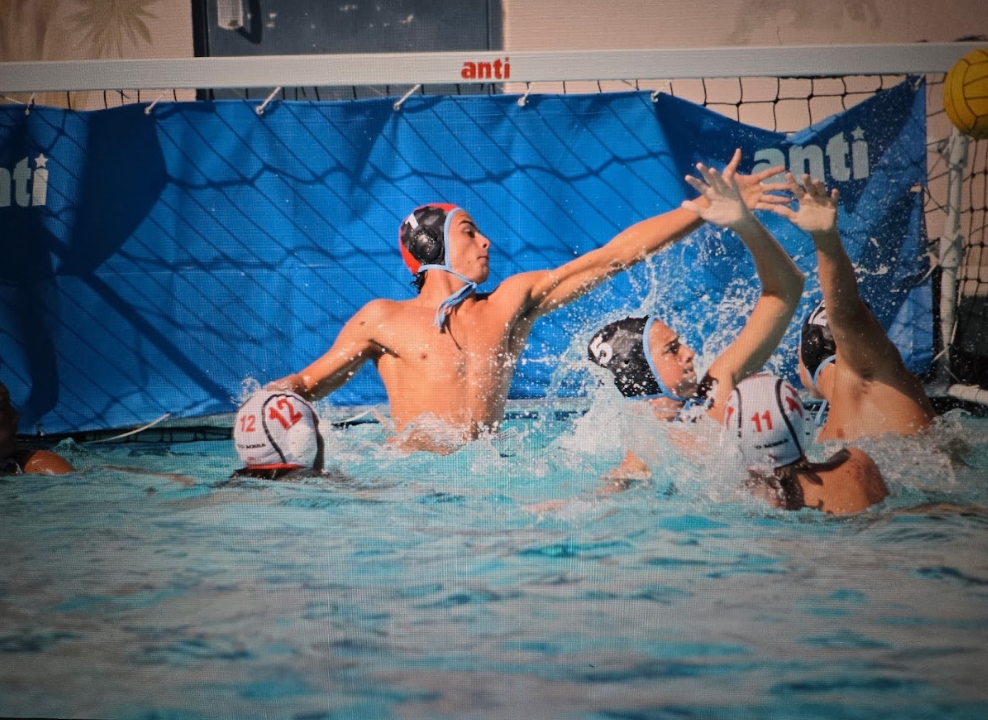

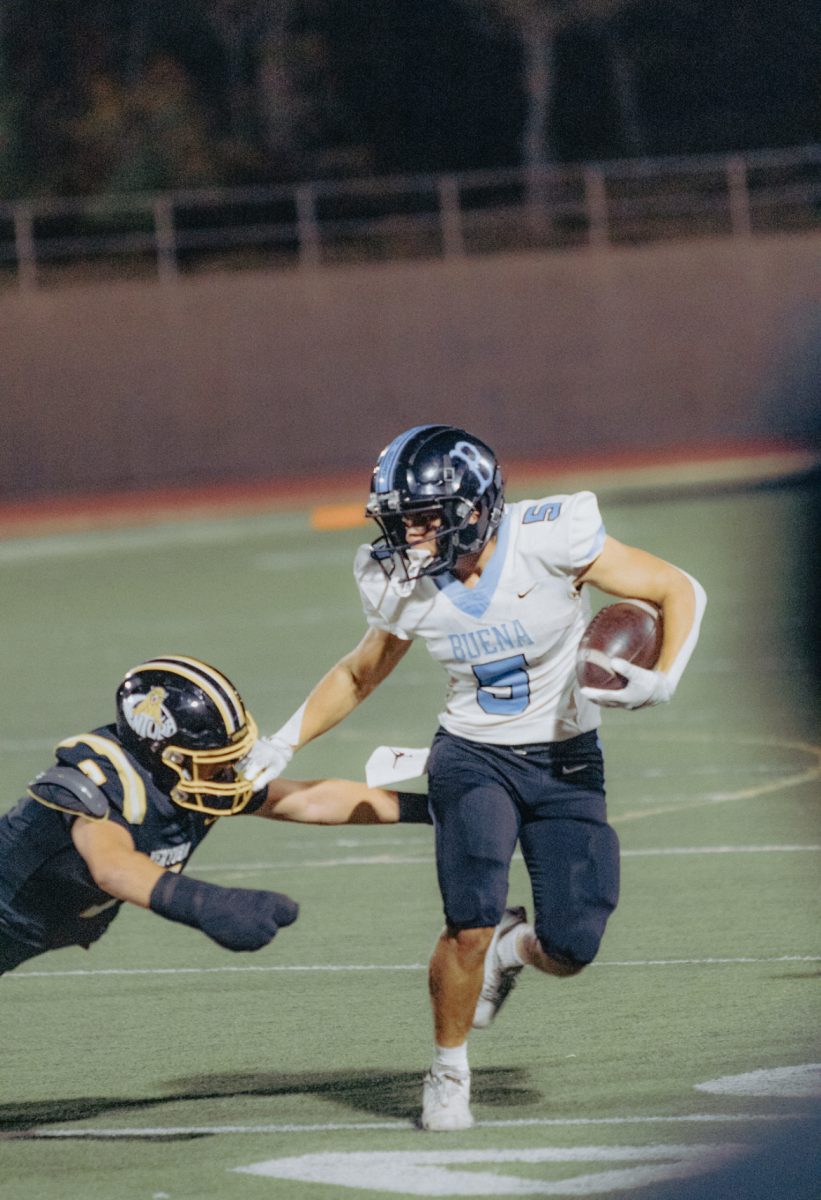
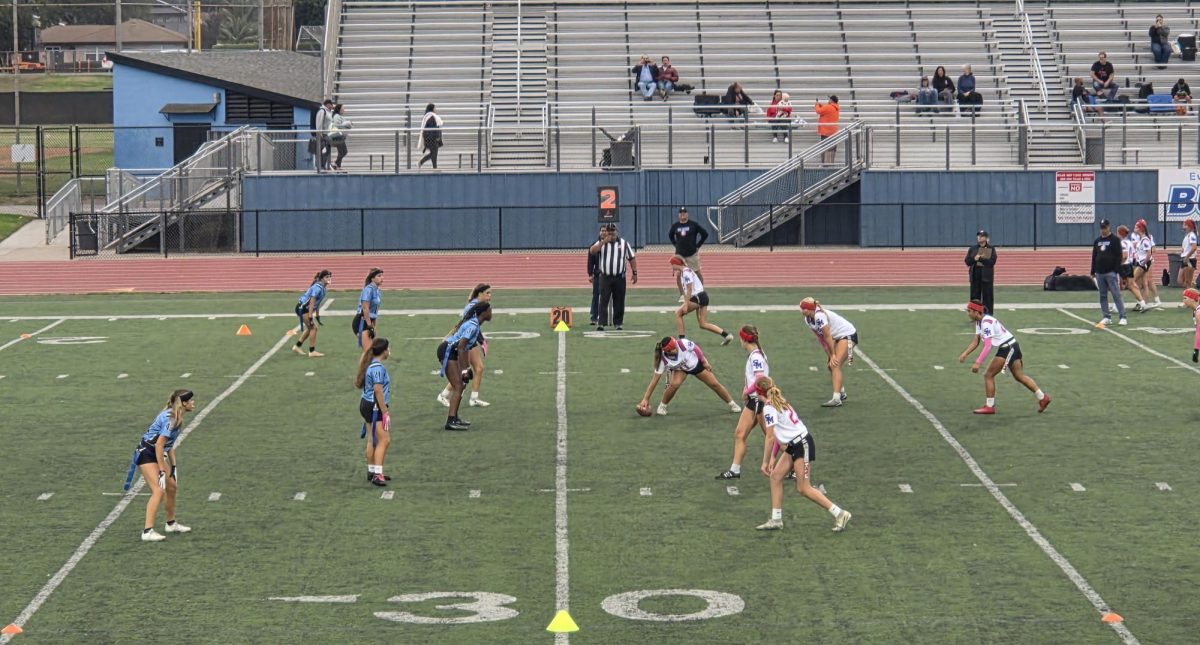


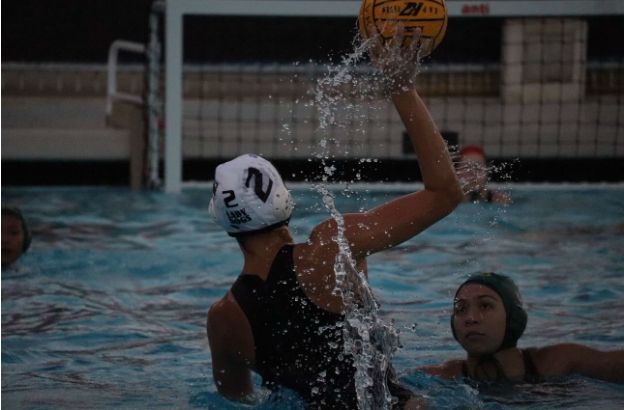
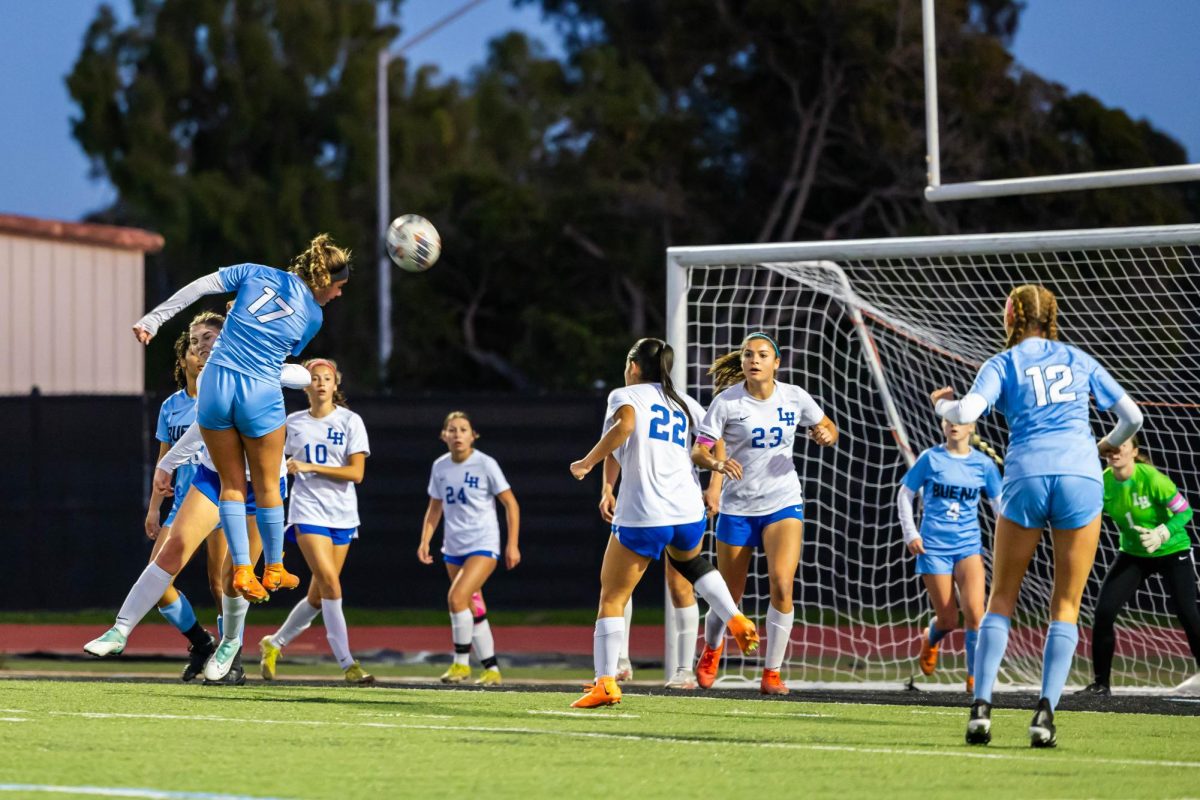
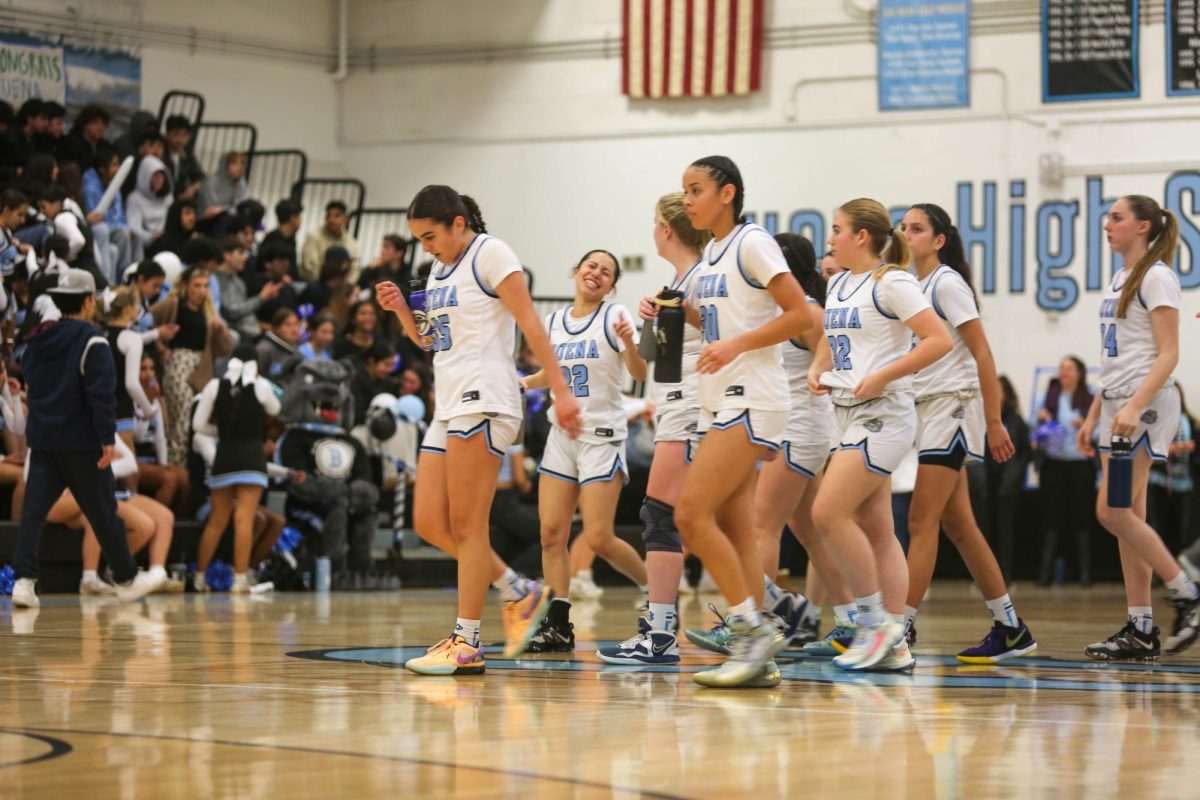



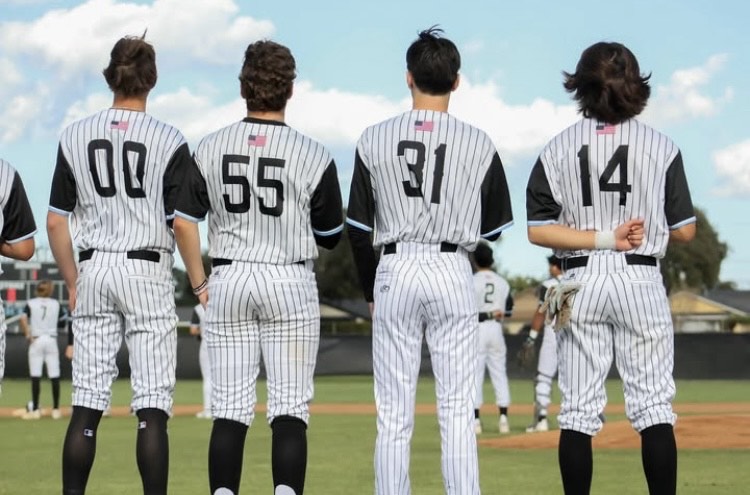
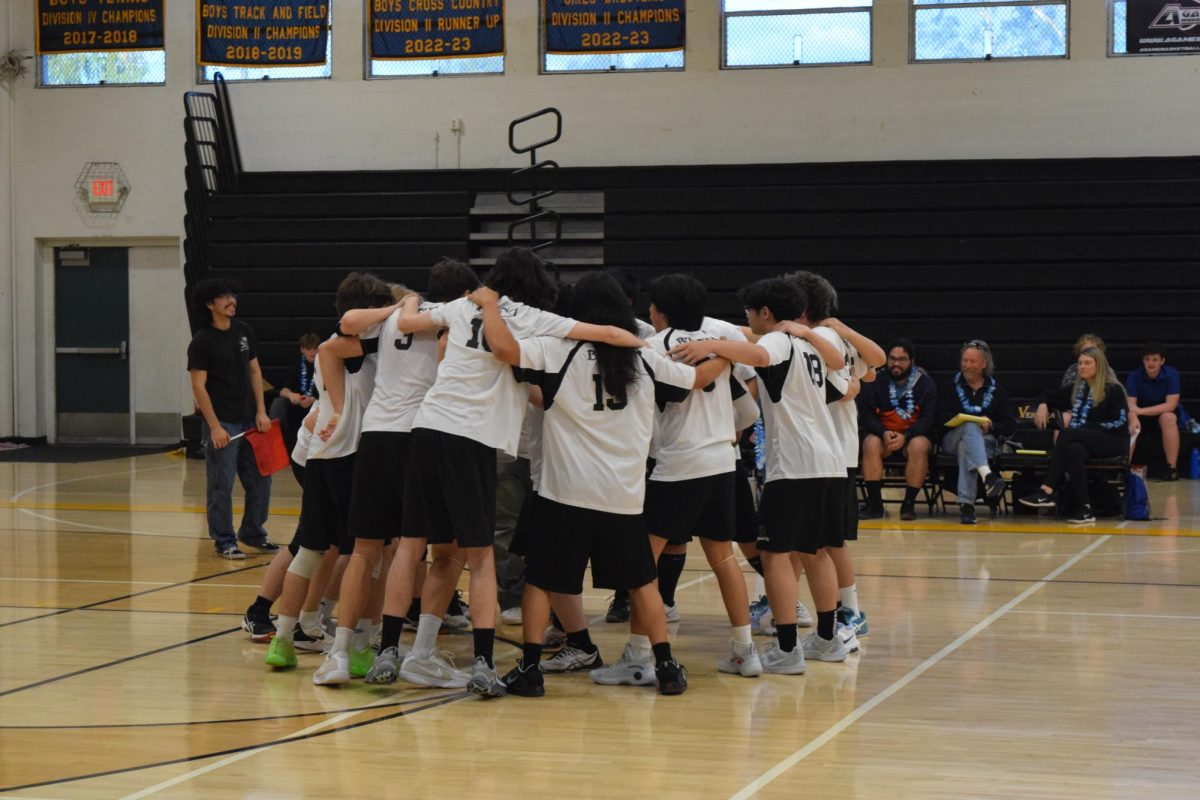


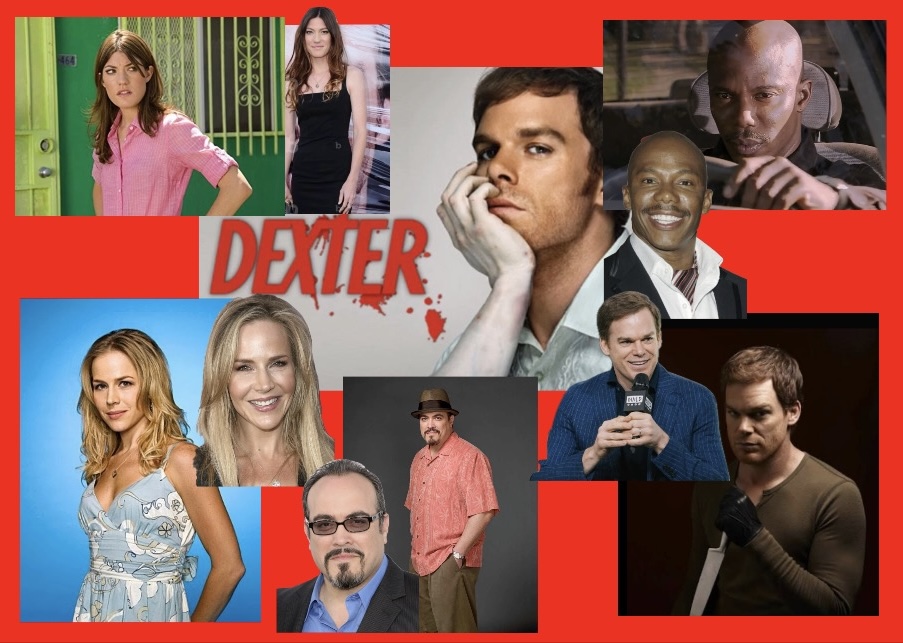




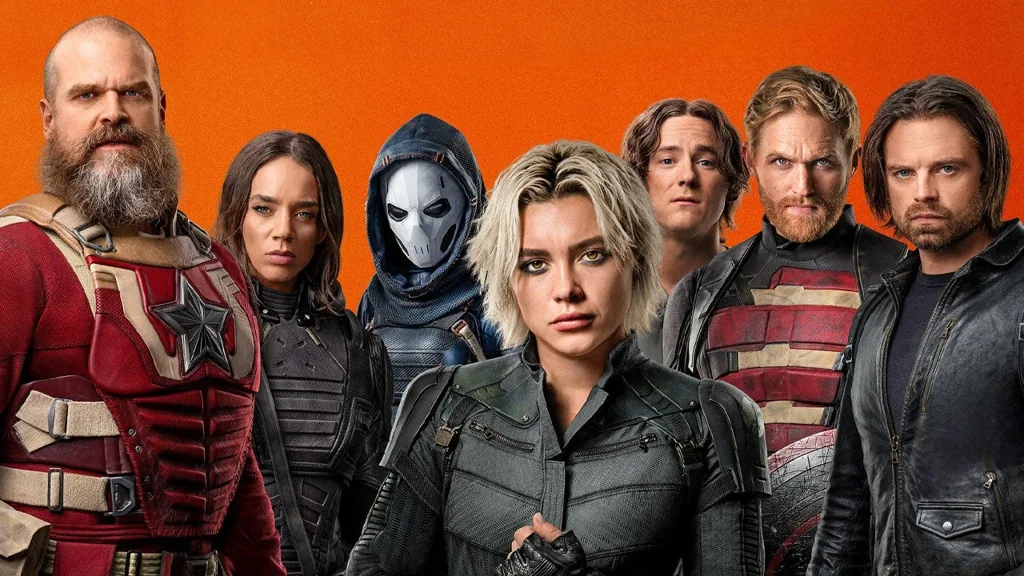
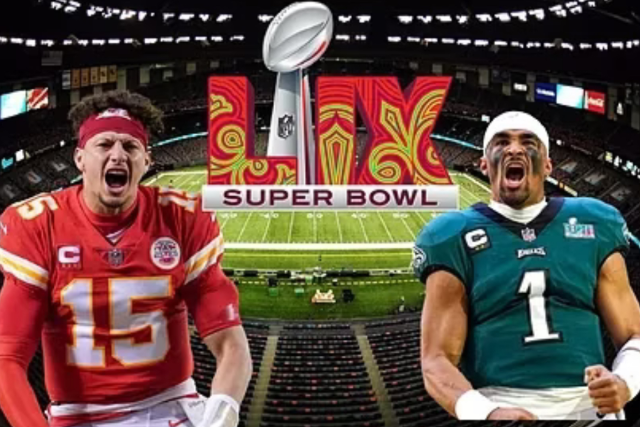

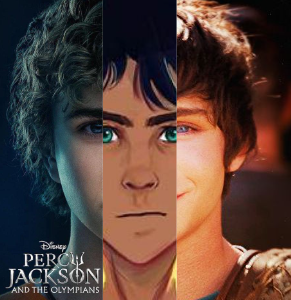

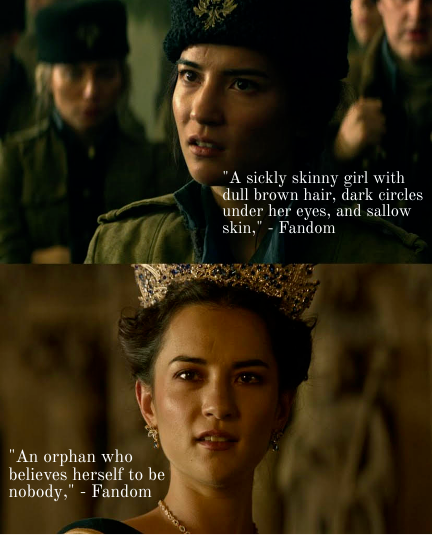
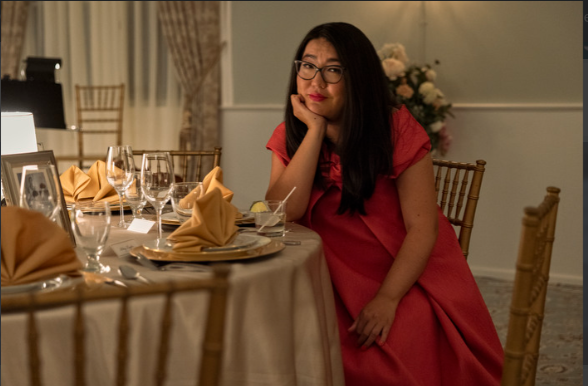
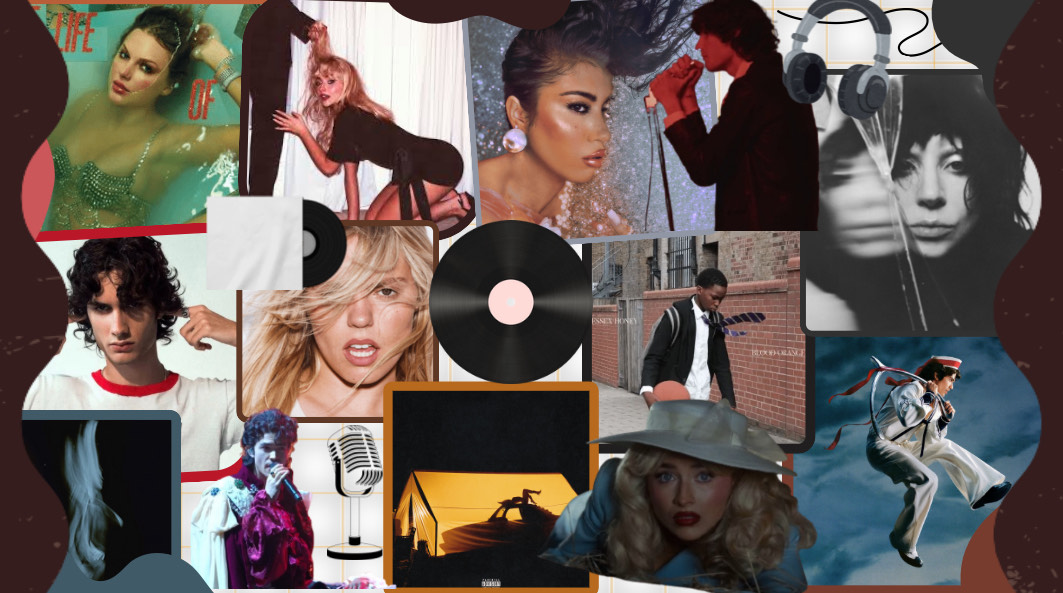



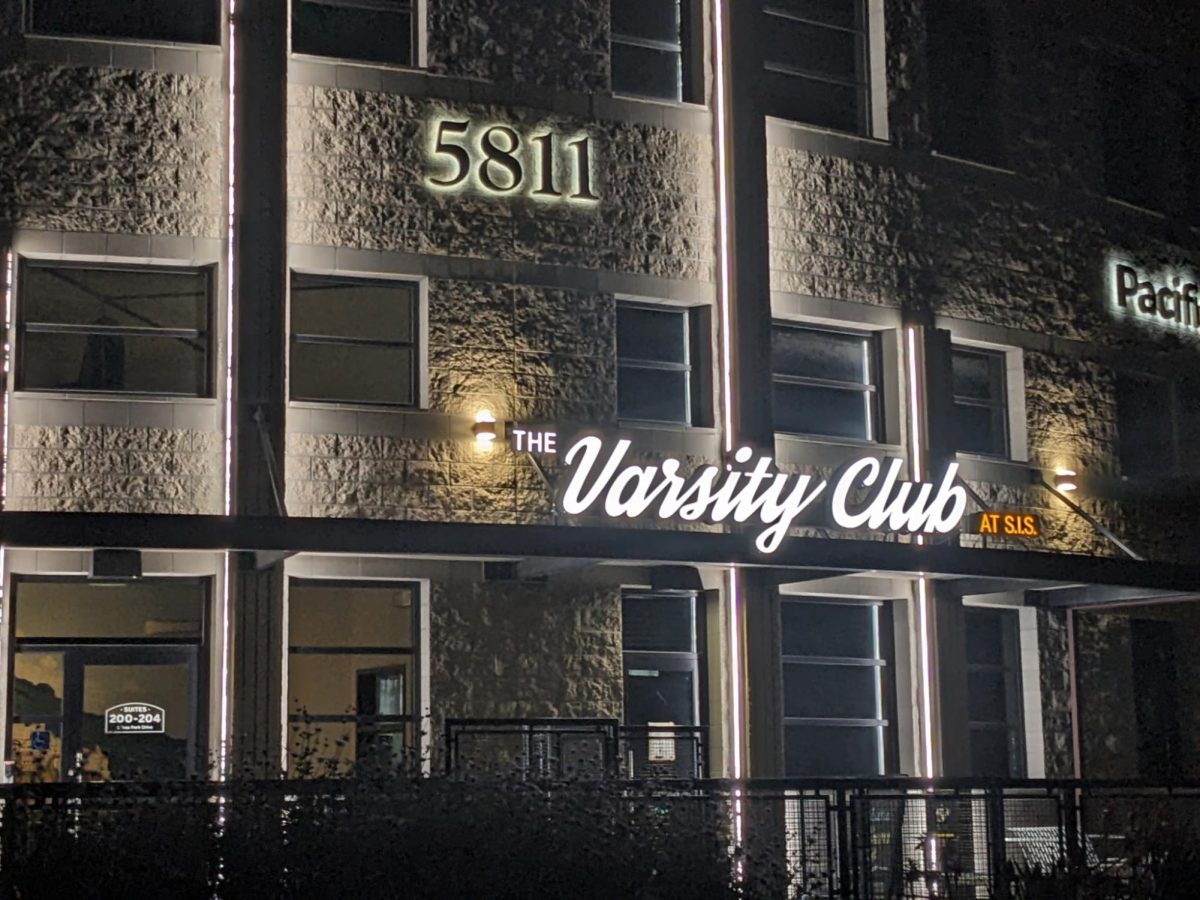

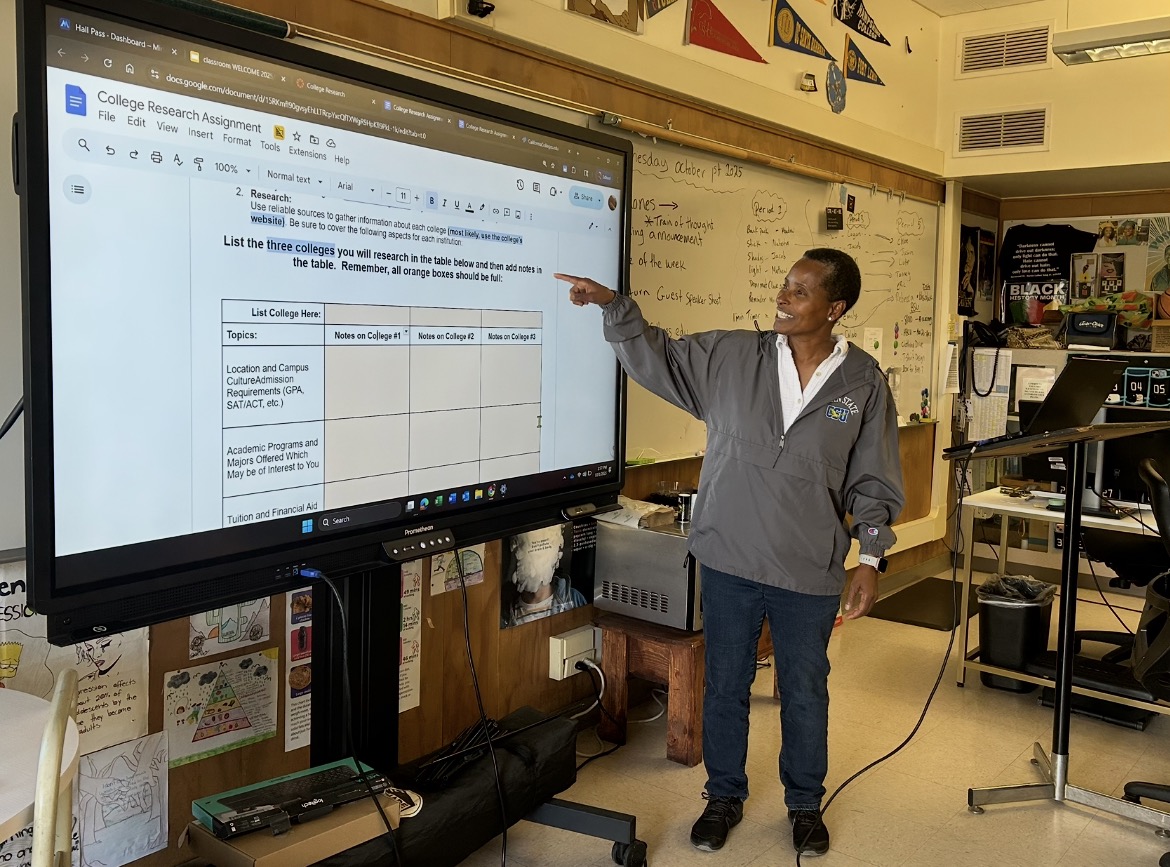

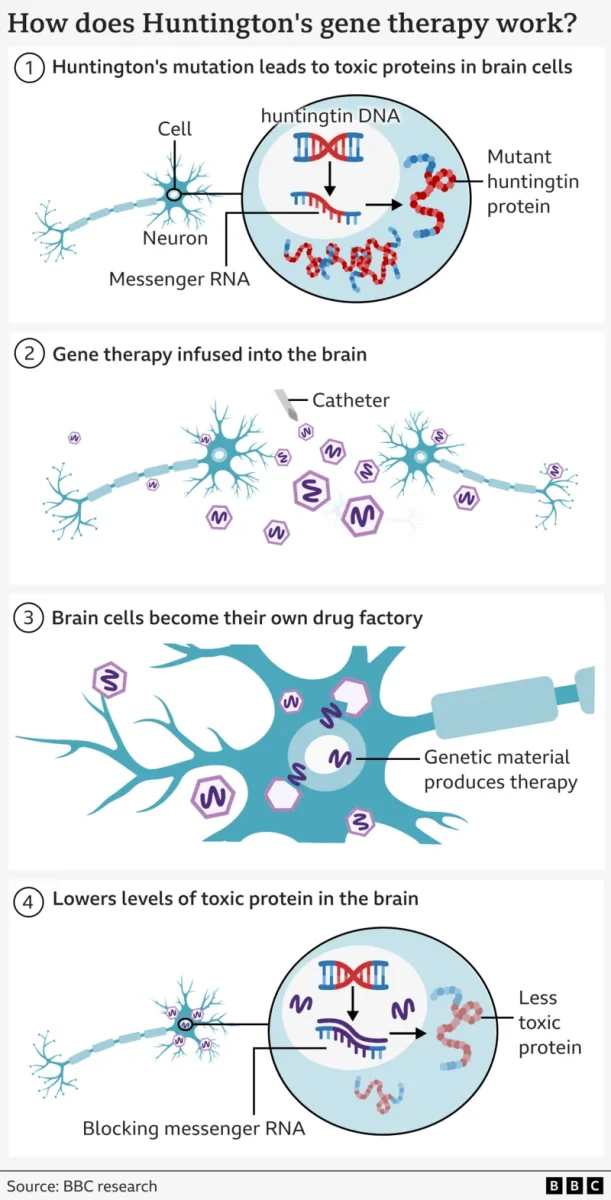

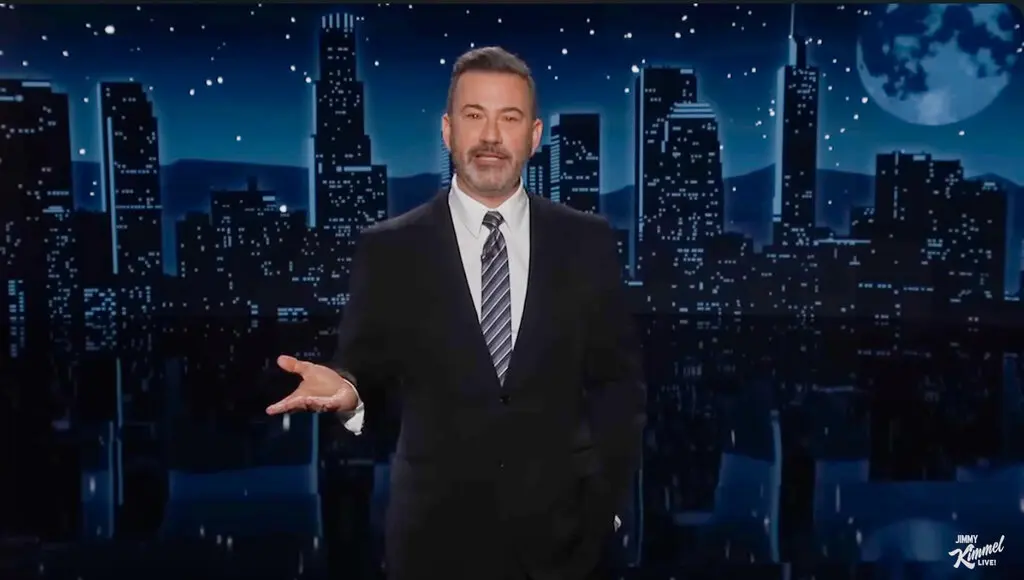
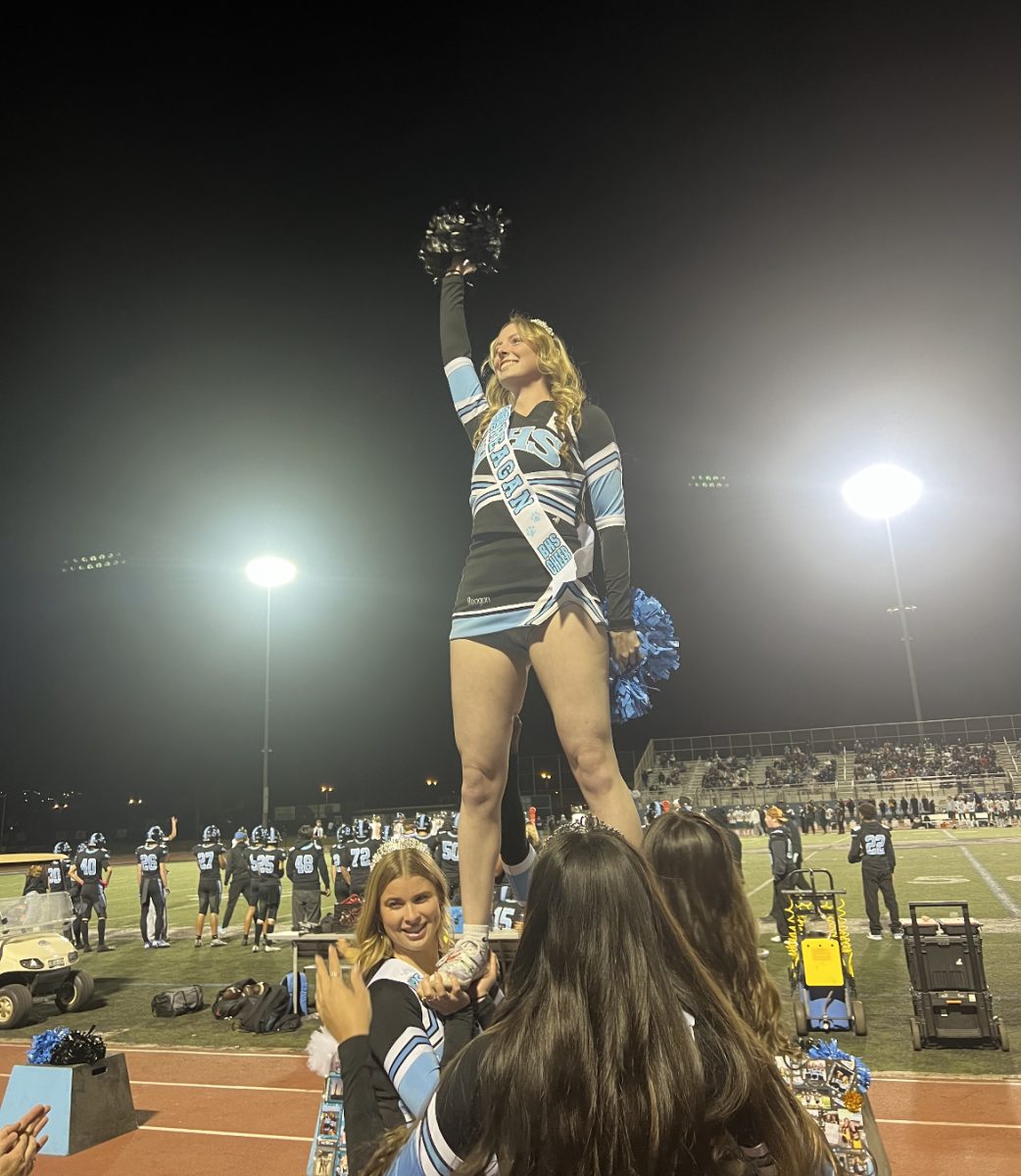

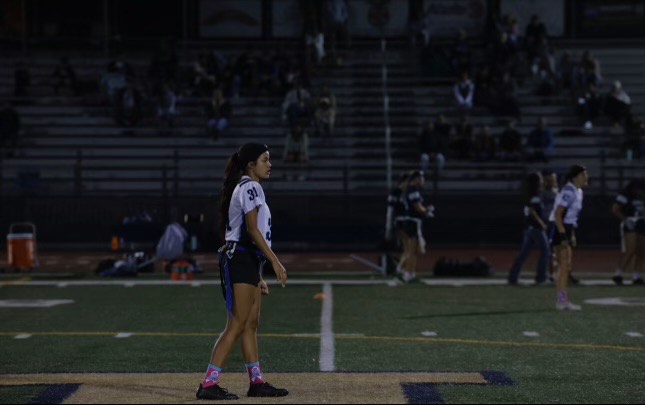

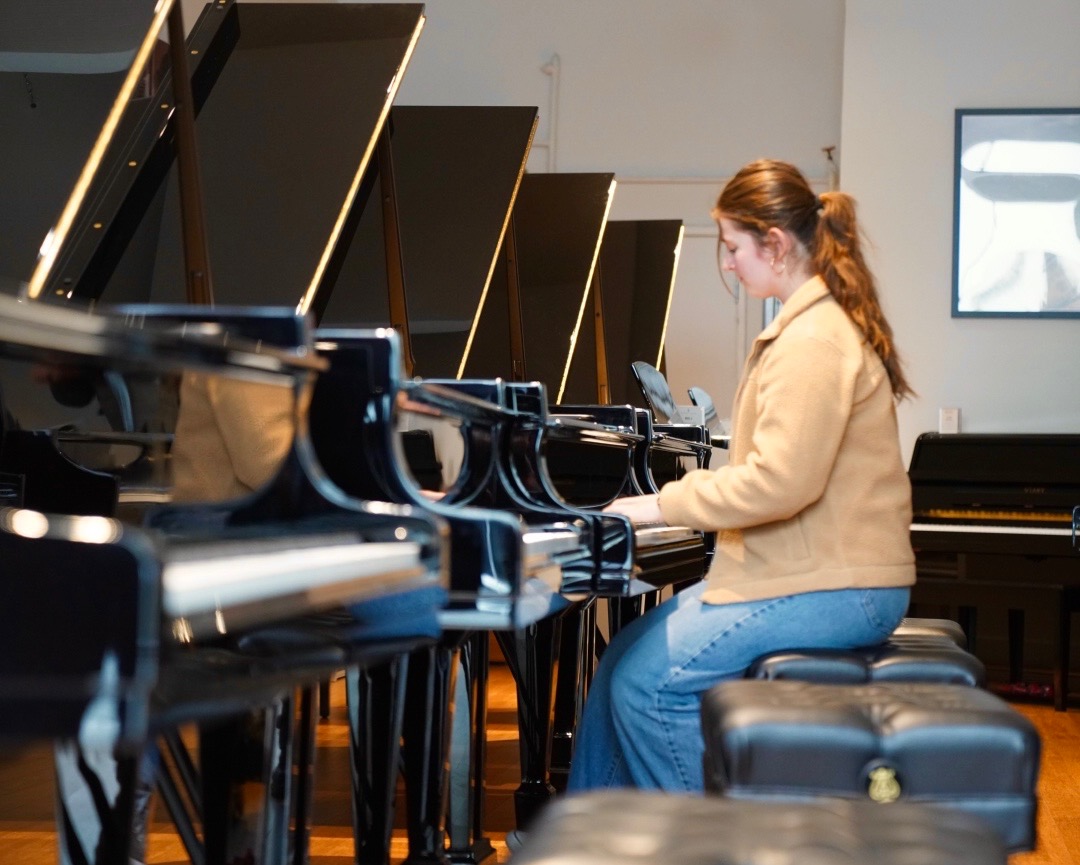


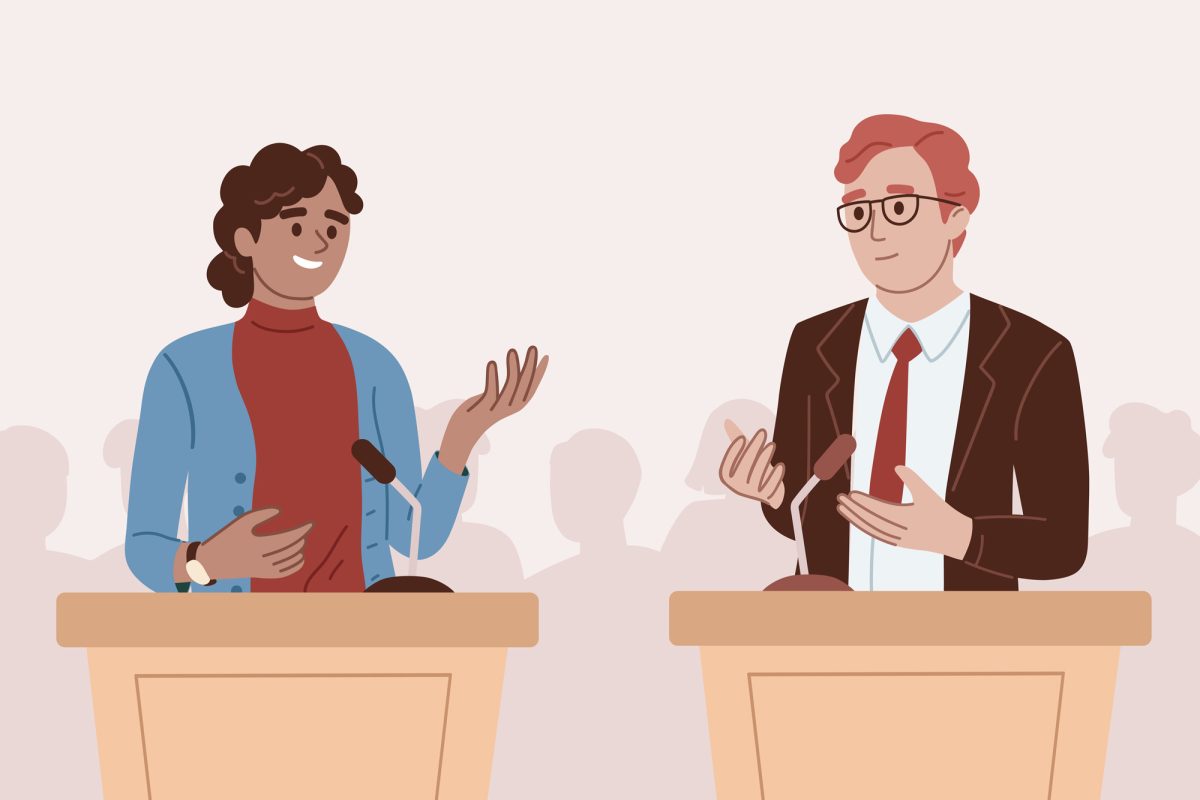




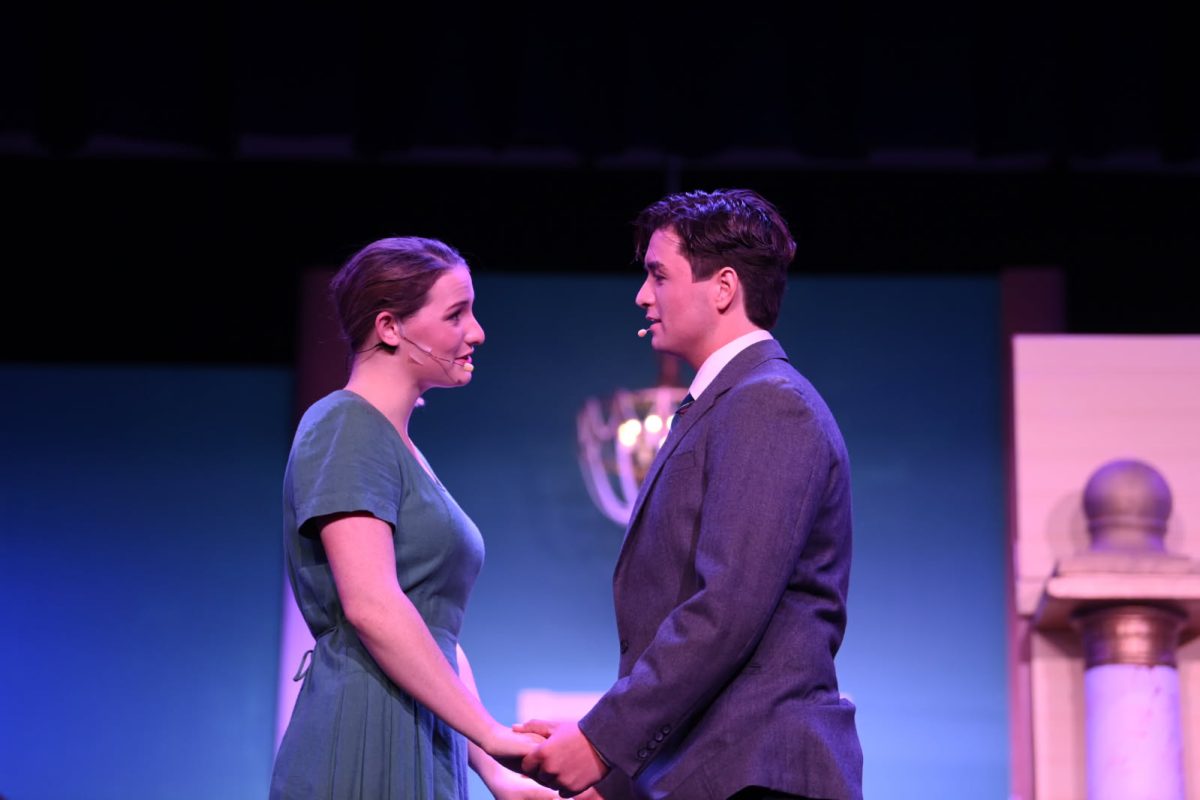






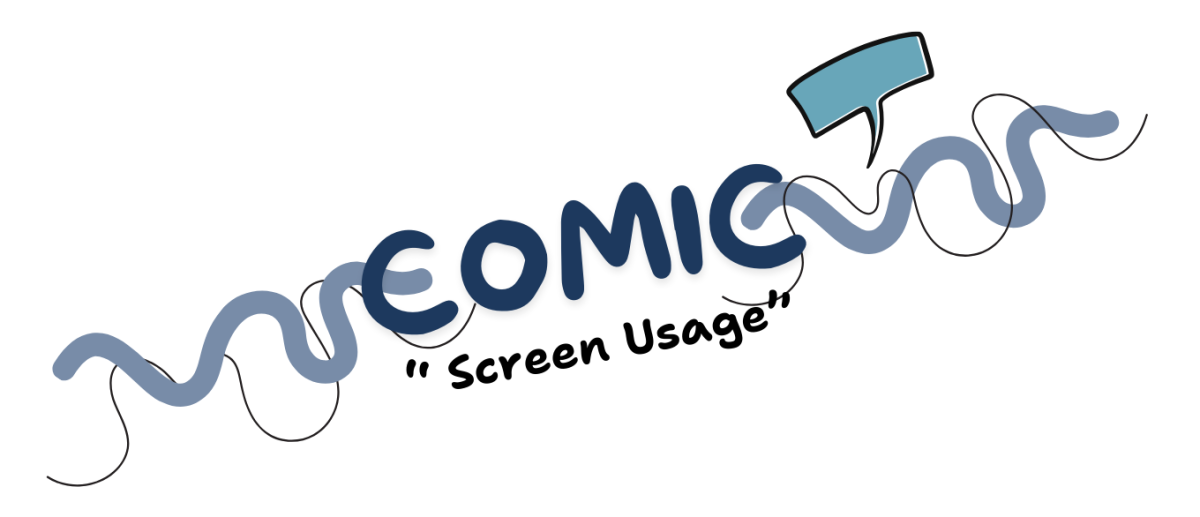
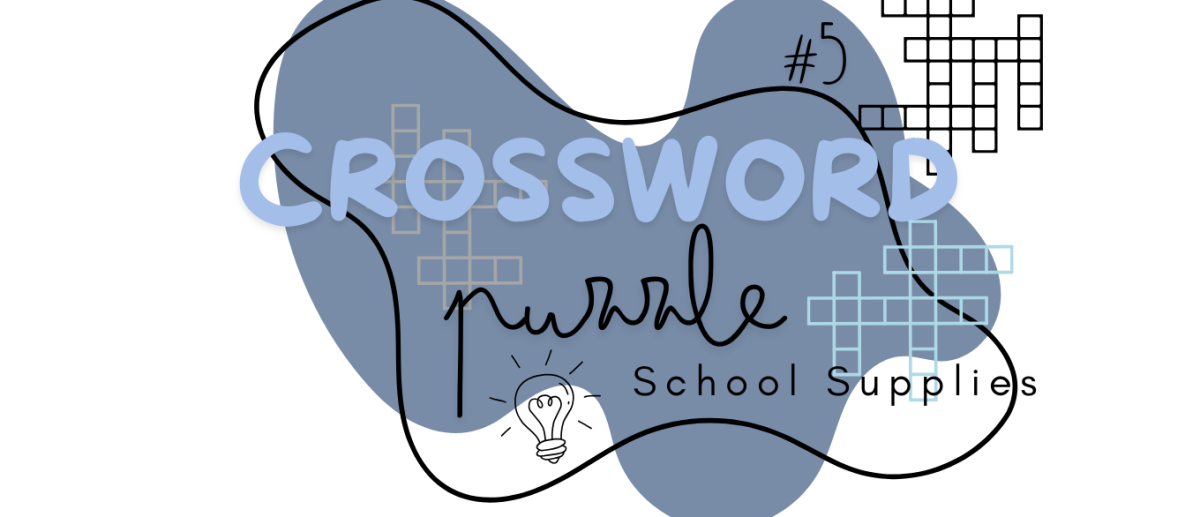
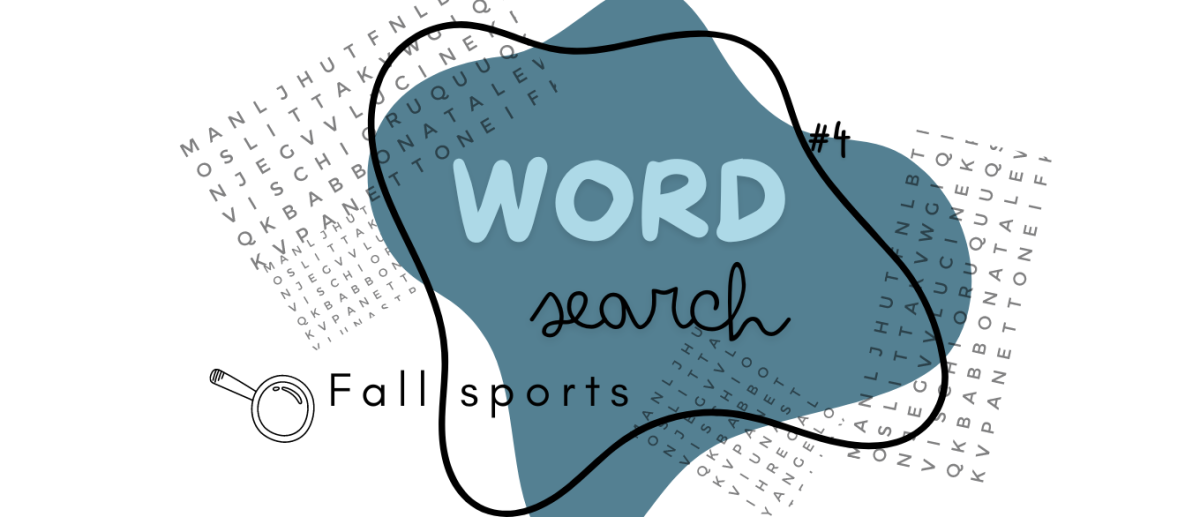




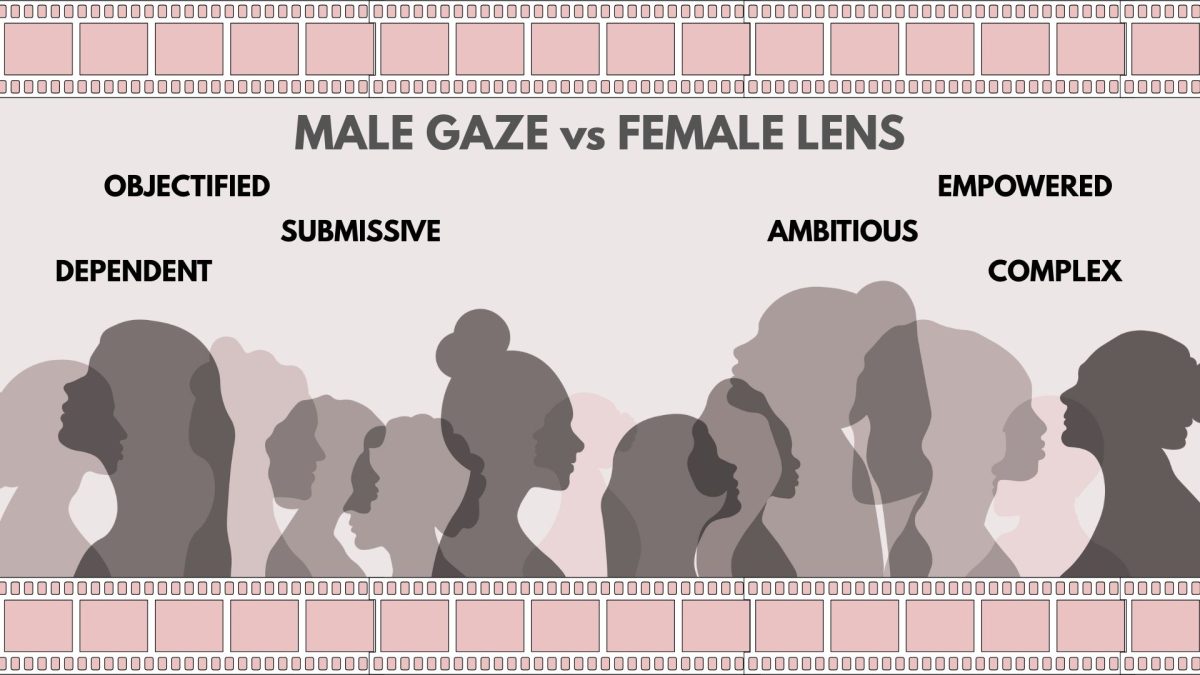
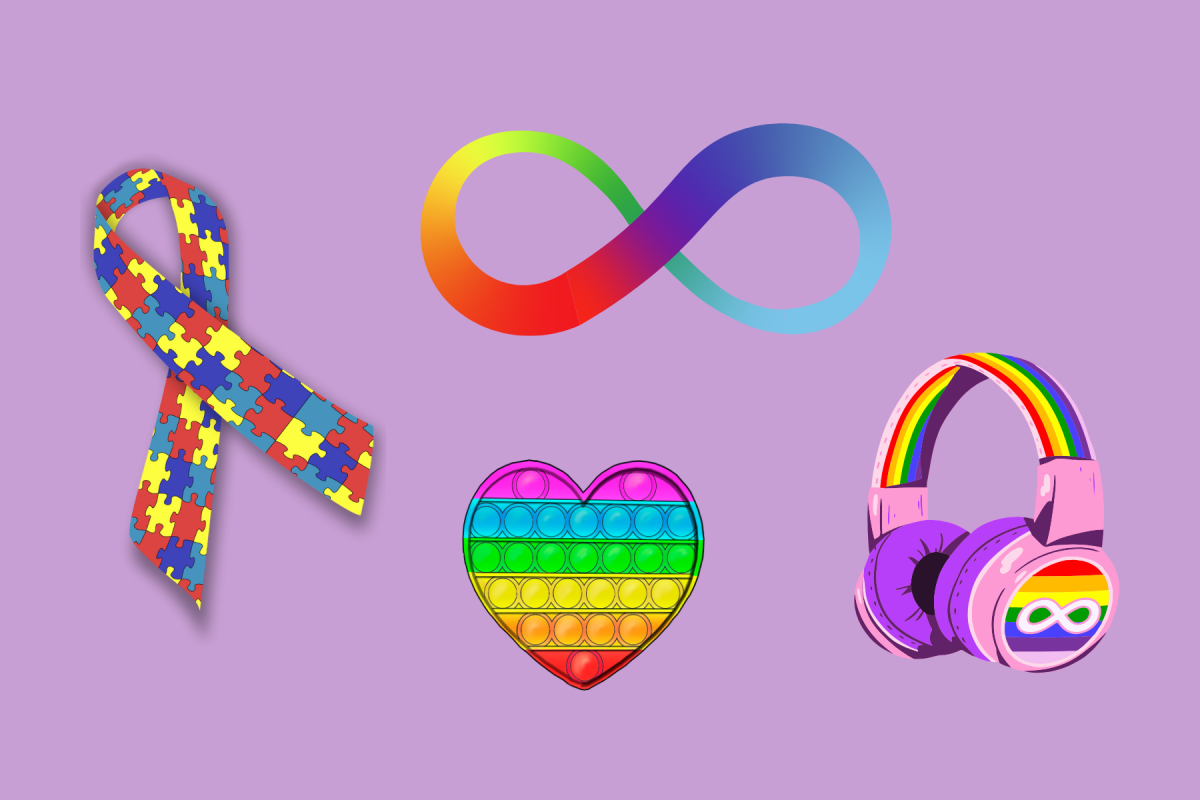

Kimberly Chavarria • May 8, 2025 at 11:00 am
I LOVE THIS! This is a topic often overlooked and I’m so happy you chose to talk about it. Very well articulated argument!!